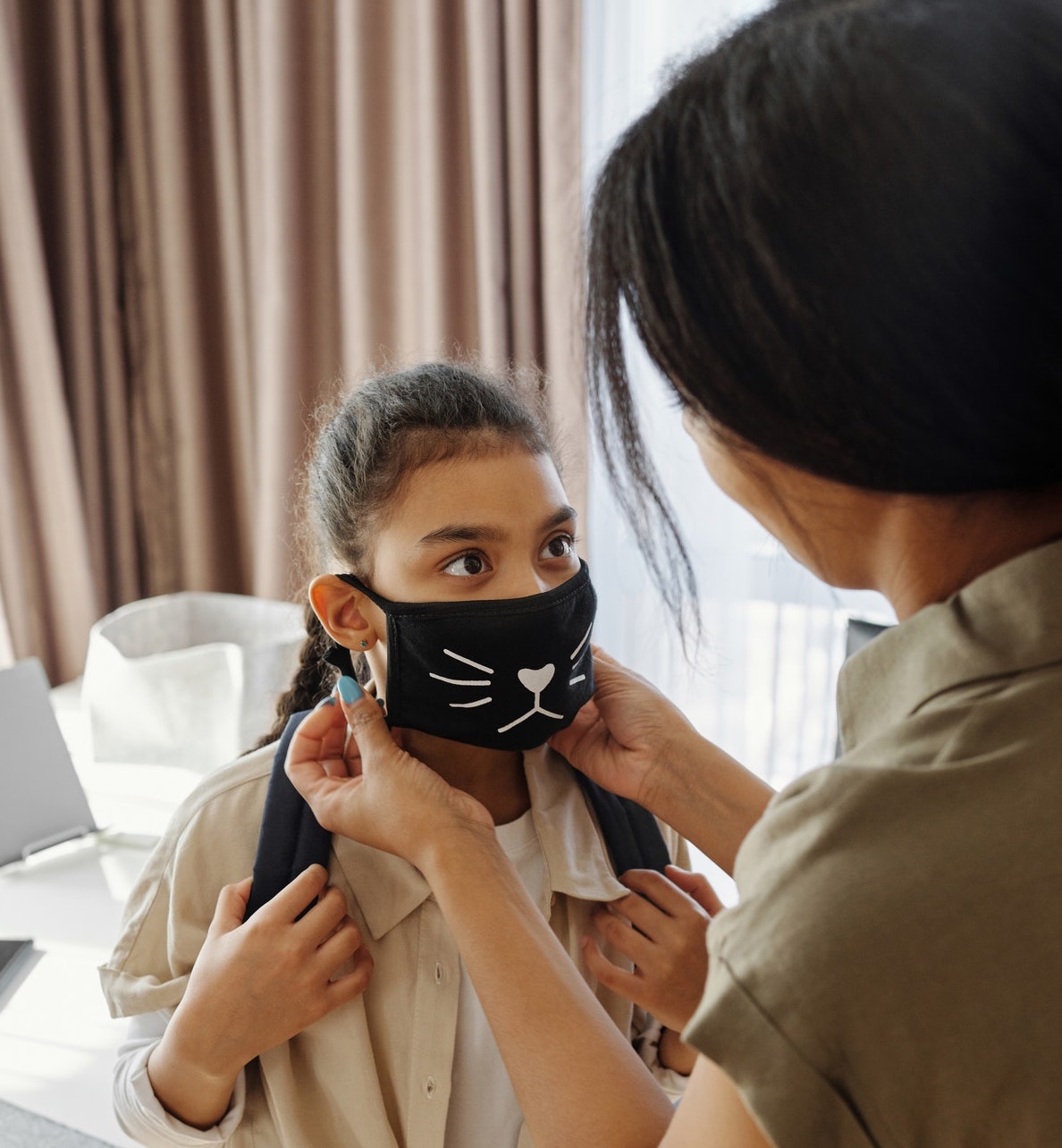Five Skills Parents Can Learn So They Can Help Their Children Cope
 The coronavirus pandemic has affected the mental health of children and teens, and therapists are tapped out and booked up. But that doesn’t mean care is impossible. In fact, caregivers can learn therapeutic strategies to support, reinforce and teach our children healthy coping skills.
The coronavirus pandemic has affected the mental health of children and teens, and therapists are tapped out and booked up. But that doesn’t mean care is impossible. In fact, caregivers can learn therapeutic strategies to support, reinforce and teach our children healthy coping skills.
Experts point to five key skills you can develop that will support your child during a crisis, supplement therapy once it’s underway and continue to improve your family’s mental health for years to come.
Skill 1: Attuning
In our busy lives, it’s easy to listen absently to our children or to bark orders. Attuning helps us notice when children need a deeper level of attention. It strengthens our relationship with our kids and helps them better understand themselves and their feelings.
Paying attention. When children’s routines shift or they come into the room in a huff, that’s a signal for you to dig deeper.
Reflective listening. One of the most powerful tools, reflective listening, can also be the most challenging to deploy. It involves three steps: listening closely, paraphrasing what you hear and inviting your child to correct your understanding.
Validation. Know that you may hear answers that alarm or upset you. This is when it’s crucial to validate your child’s perspective. If you dismiss their feelings or try to talk them out of it, they’ll shut down or argue.
Skill 2: Emotional literacy
When parents build emotional literacy, they help their children understand their own feelings. Know that all emotions are okay, even the unpleasant ones. Naming the emotion helps tame it, a strategy coined by authors Daniel J. Siegel and Tina Payne Bryson. As children tune in to their emotions, they get better at managing them — and at predicting how they will feel.
Skill 3: Self-regulation
One of the hardest parenting skills to develop is self-regulation, especially in the face of your child being angry or upset. A key is to breathe intentionally.
You should model self-regulation to your children. Maybe you had a difficult day and head out for a walk. Explain what you’re doing, Meag-gan O’Reilly, a psychologist and lecturer at Stanford University said. “They’ll hear walking is a way we can attend to stress,” she said. “Telegraphing your internal process externally really gives them cues.”
Skill 4: Self-compassion
Self-compassion involves more than just cutting yourself a break. There are three defined steps: Acknowledge that you are experiencing pain and be kind to yourself; recognize that you’re not alone; and put your experiences in perspective to moderate your own negative reactivity.
Emotions are contagious. People are such social creatures that if someone’s vibrating with anxiety, we’ll probably feel on edge. Parents and children pick up on each other’s emotions — and spread them — more easily because of our close relationships.
That’s why self-compassion can be so powerful. Parents can deploy self-compassion at any high-intensity moment with children. Model self-compassion by speaking out loud, or use it silently to calm yourself. Either way, your child benefits.
Skill 5: Reframing
When you’re frustrated, it’s easy to start labeling your child, even silently. Therapists recommend reframing to open yourself to other ways of viewing the situation, which in turn helps you see positive paths forward. Avoid assumptions or judgments, and instead observe and become open to possibilities.
You can help children reframe by questioning assumptions. Help them find their way to optimistic thinking, which sees bad things as temporary and specific. When you’re depressed, you tend to generalize and see bad situations as unchangeable.
Ask questions such as: “What’s the worst thing that could happen? Is it always? Is it everybody? Is it going to go on forever, or is this temporary?” Mary Alvord, a Rockville, Maryland-based psychologist and co-author of “Conquer Negative Thinking suggested.
Excerpted from “Five Skills Parents Can Learn So They Can Help Their Children Cope” in the Washington Post. For more details on each of the strategies, read the full article online.
Source: The Washington Post | Five Skills Parents Can Learn So They Can Help Their Children Cope, https://www.washingtonpost.com/parenting/2022/08/15/help-child-cope | © 2022 The Washington Post
If you have concerns about your child or teen, CHC Care Coordinators can arrange a free 30-minute consultation so you can explore options with an expert. We invite you to call or email us at 650.688.3625 or careteam@chconline.org to set up an initial Parent Consultation appointment. CHC teletherapy services are available now.





